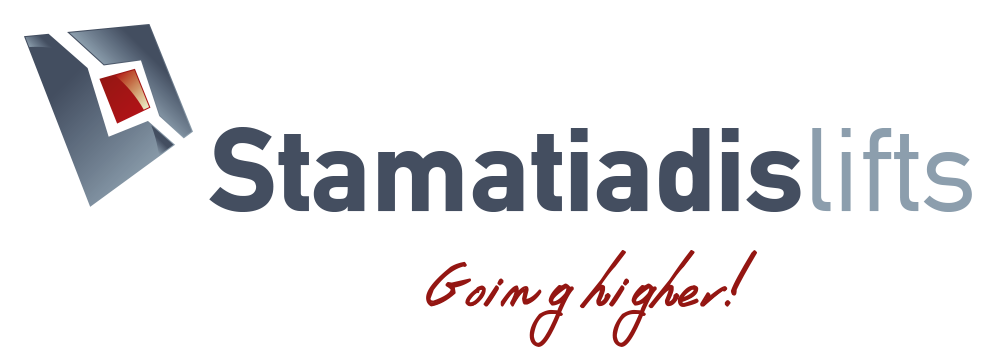An elevator is an essential part of everyday life in any building. When it works properly, we hardly notice it. But when it starts making noise, that’s a clear sign something needs attention.
Here are the most common “strange” sounds or issues you may notice — and what they mean:
1. Strange Noises and Creaks
An elevator should run quietly. If you hear metallic creaks, squeaks, or humming, it often points to worn guides, pulleys, or lubrication problems.
👉 Prevention: regular lubrication and replacement of worn parts.
2. Jerky Starts or Stops
If the cabin shakes when starting or stopping, it usually signals issues with settings or the lifting system.
👉 Prevention: professional inspection and adjustment.
3. Doors That Stick
Doors that take too long to open or close (or don’t close properly) can mean worn parts, dirt on the rails, or electronic malfunctions.
👉 Prevention: frequent cleaning and servicing of the door mechanism.
4. Slow Movement
If the elevator feels “lazy” and takes longer to move, it might be a motor or electronics issue.
👉 Prevention: scheduled inspections and timely replacement of failing components.
5. Lighting or Ventilation Failures
It may seem minor, but a cabin with poor lighting or ventilation makes passengers feel unsafe.
👉 Prevention: regular checks of electrical systems.
Conclusion
Unusual noises and small malfunctions aren’t just annoying — they’re warning signs. An elevator that “talks” through noises will soon develop bigger issues.
👉 With proper preventive maintenance, your elevator will run quietly, smoothly, and safely for years to come.
At Stamatiadis Lifts, we believe your elevator should never be a source of worry. And if you ever hear a suspicious noise, you already know who to call.

Recent Comments